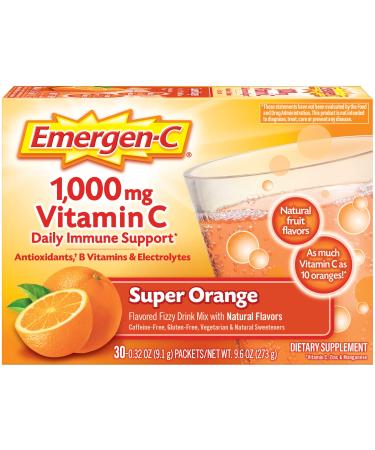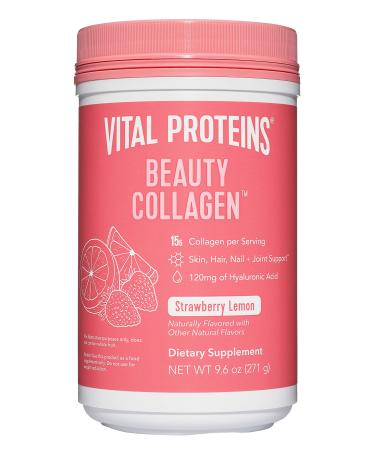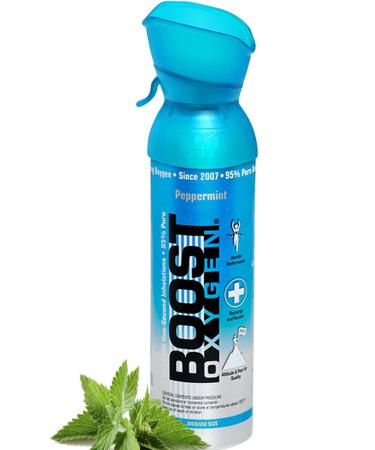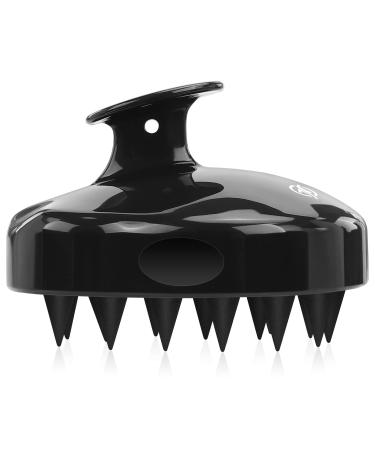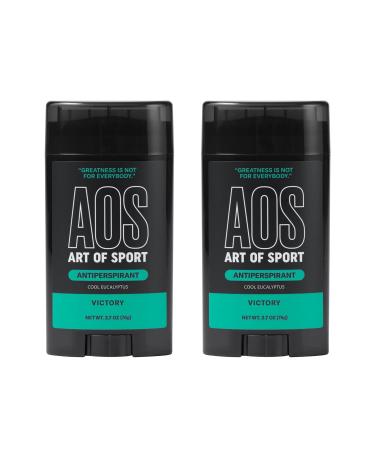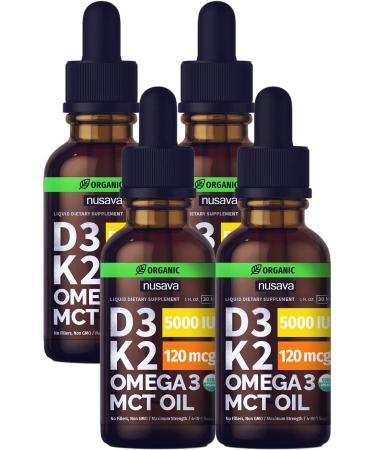Doctor's Best trans-Resveratrol features ResVinol-25, a proprietary extract providing concentrated levels of polyphenols and trans-resveratrol from red wine matrix and the root of the Japanese knotweed (Polygonum cuspidatum) plant. Designed to ensure potency and purity of the extract from batch to batch, ResVinol-25 is a high-quality extract subjected to rigorous ProfileProven Analytical and QA procedures. The product is extensively tested for heavy metals, bacterial and fungal contaminants, and pesticides to verify purity and compliance with acceptable standards.
Resveratrol (3, 4', 5-trihydroxystilbene) is a naturally occurring compound that belongs to a group of non-flavonoid polyphenols called stilbenes. Interest in potential health benefits for humans was spurred upon observation of resveratrol being produced by grapevines (and other plants) in response to stress, UV radiation, and microbial attacks.1
Benefits:
Supports Immune System Function.*
Promotes a Normal, Balanced Inflammatory Response.*
A summary report on resveratrol noted that its ability to modulate immune function and promote a balanced inflammatory response works not through one simple mechanism, but through several complex pathways.2 As shown in mice, resveratrol inhibited the TNF-alpha cytokine pathways that are critical in regulation of immune cells. Resveratrol can inhibit inflammatory enzymes and the synthesis of pro-inflammatory mediators and eicosanoids.3-5 In mouse mast cells, resveratrol inhibited TNF-alpha and histamine release, in turn blocking production of unfavorable eicosanoids. In lung cells, resveratrol appears to inhibit macrophage release of IL-8 chemokines in vitro, limiting overreaction of white blood cells.6 An in vitro study conducted with human polymorphonuclear leukocytes (or PMN-L, a type of white blood cell) showed that even tiny amounts of resveratrol specifically inhibited the formation of pro-inflammatory metabolites of arachidonic acid.7
Supports Cardiovascular Health*
Enhances Cerebral Circulation*
The 'French Paradox' has led to extensive research into the physiological effects of the bioactive components of red wine—the active ingredients in Best trans-Resveratrol. To build on evidence of the potent cardiovascular effects of resveratrol seen in animal studies, the focus has now shifted to working with human samples. In 20 healthy adults examined before and after 15 days of controlled wine consumption, an increase in blood nitric oxide (NO) production was reported.8 Nitric oxide is a gas responsible for signaling the smooth muscle in blood vessels to relax, thus promoting healthy circulatory function. In a particularly convincing study using blood vessel tissue derived from humans, resveratrol promoted nitric oxide-induced vascular relaxation and overall enhanced endothelial (blood vessel) function.9
Results from a cutting-edge crossover study published in 2010 provide exciting new evidence of other possible benefits of resveratrol supplementation. In this randomized, double-blind, placebo-controlled investigation, 22 healthy adults each received placebo, 250mg trans-resveratrol, and 500mg trans-resveratrol on separate days. In a dose-dependent fashion, supplementation with trans-resveratrol resulted in higher cerebral blood flow in the prefrontal cortex during cognitive tasks (compared to placebo). The researchers also measured the bioavailability of their supplements, confirming that resveratrol and its metabolites were present in the blood following supplementation at both doses. They concluded that resveratrol, when taken orally, can influence brain function.10
Facilitates Potent Antioxidant Activity.*
Supports the Integrity and Activity of Neuronal Cells.*
Although the mechanisms behind all its actions are not yet fully understood, resveratrol is revered for its antioxidant functions. Scientists do know that resveratrol counters lipid peroxidation both by the chelation of copper and the quenching of free radicals. In one of many in vitro trials investigating its antioxidant functions, trans-resveratrol worked at 95% efficiency to deter lipid peroxidation. Under the same oxidative stress load, vitamins E and C worked at efficiencies of only 65% and 37%, respectively.11 In a 2010 study, researchers observed resveratrol's action on erythrocytes (red blood cells) derived from 23 healthy volunteers. When the erythrocytes were subjected to oxidative stress, resveratrol protected the cell glutathione levels—evidence of protection from oxidative stress.12
Numerous studies have examined the role of resveratrol in protecting the nervous system from oxidative damage. In one such study the researchers examined resveratrol's action on in vitro brain cell samples and noted less depletion of the antioxidant glutathione, less accumulation of oxidative agents, and less neuronal damage. These scienti
ts also noted a protective role from sirtuin activity, revealing that the benefits of resveratrol in this scenario can be multifactorial.13 In a recent study, resveratrol prevented an increase in acetylcholinesterase activity in rats, which helped preserve their cognitive function—memory in particular. These observations led to conclusions that resveratrol may help ameliorate oxidative stress that occurs in several areas of the brain, thereby influencing neurotransmission.14 Several previous studies, such as one showing preserved cognitive function in rats (presumably from resveratrol's antioxidant activity), build a strong case for the usefulness of resveratrol in supporting brain function in mammals.15
Promotes Healthy Aging.*



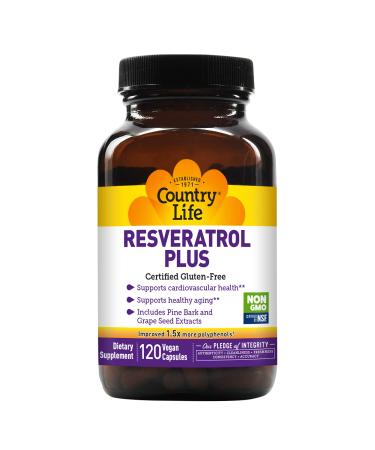
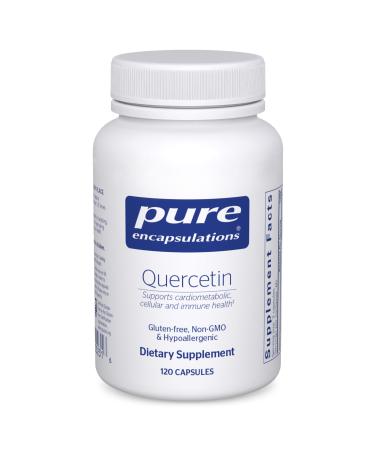
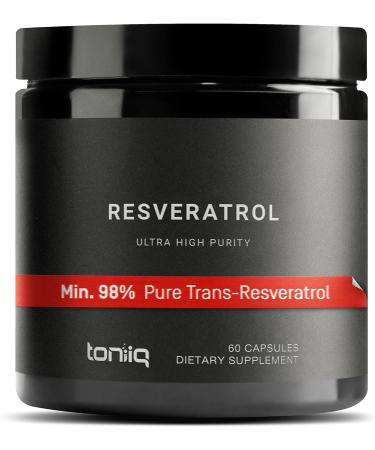
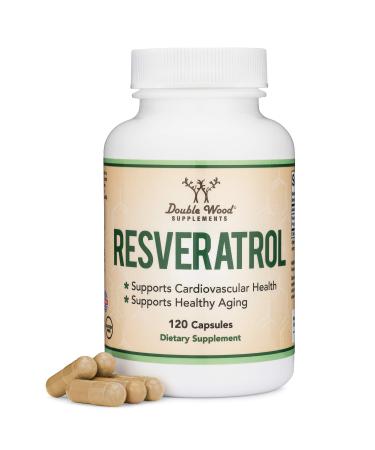
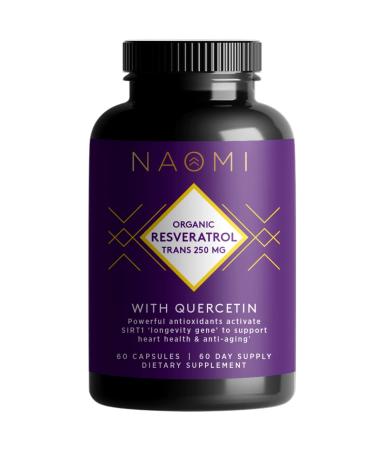


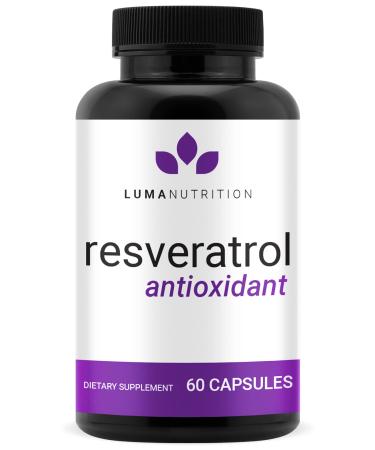

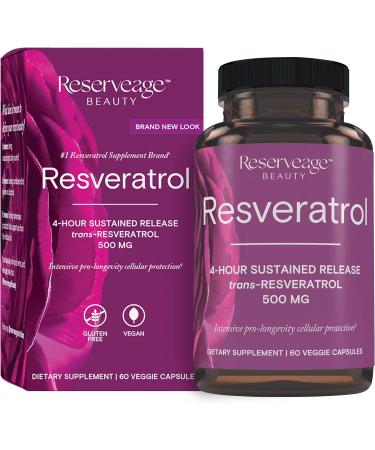


![Stewart Freeze Dried Dog Treats Made in USA [Single Ingredient Puppy and Dog Training Treats - Grain Free Natural Dog Treats] Resealable Tub to Preserve Freshness](https://www.gosupps.com/media/catalog/product/cache/25/small_image/375x450/9df78eab33525d08d6e5fb8d27136e95/6/1/61gwbbixarl._ac_sl1500_.jpg)
